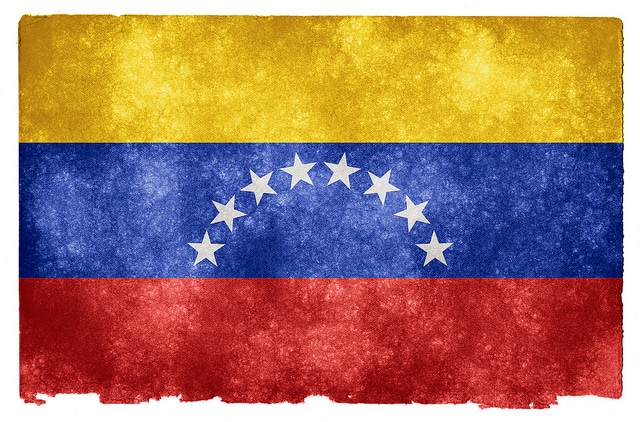Latin America
Will Poland re-discover Latin America?
There are reasons to believe that Poland‘s government and business world have finally started to re-discover Latin America. What are the underlying reasons for this phenomenon and what should we expect from it?
Are the new rules of play between States and Multinationals in Latin America beneficial? An analysis of the impact of extractive multinationals in Bolivia
This paper provides a step forward in the ongoing analytical assessment of the presence of foreign investment companies and investment projects in Bolivia, and toward that purpose it applies the Elcano Royal Institute’s Foreign Direct Investment (FDI-D) analytical framework.
Foreign investment, but with local content: development strategies in Brazil
This Working Paper is the result of a case study conducted in Brazil which analysed the impact on development of certain foreign investments in the oil, electricity distribution, automotive, and tourism sectors. The study uses the Elcano Royal Institute’s Foreign Direct Investment (FDI-D) analytical framework to explain the rationale underlying the Brazilian government’s local-content policy.
Development outcomes from reimbursable aid to the private sector: a case study in Colombia
This work is part of a research project by the Elcano Royal Institute on the impact of local investment supported by financial cooperation and foreign direct investment. The ultimate goal is to identify the aspects of investment that make a positive impact on development, thus drawing conclusions for public policy.
Correa and Assange: A Peculiar Relationship
What are the key determinants of Ecuadorian President Correa’s ongoing support for WikiLeaks’ Julian Assange?
Staging the War on Drugs: Media and Organised Crime in Mexico
This Working Paper offers an insight to understand the political ramifications of the news coverage of violence in Mexico. It shows that drug trafficking organisations have important goals related to the media, the impact of news on public opinion and the consequent influence over policy making.
Ecuador’s Energy Policy Mix: Development, Conservation and Nationalism with Chinese Loans (ARI)
Ecuador’s energy policy faces a complex variety of political and economic objectives that are difficult to reconcile in a consistent manner.
Aid to Haiti: Reconstruction Amidst Political Uncertainty (ARI)
Following the 20 March 2011 elections, Haiti faces a potential political stalemate whilst confronting the massive reconstruction needs created by last year’s earthquake.
9 - 15 of 22 pages



